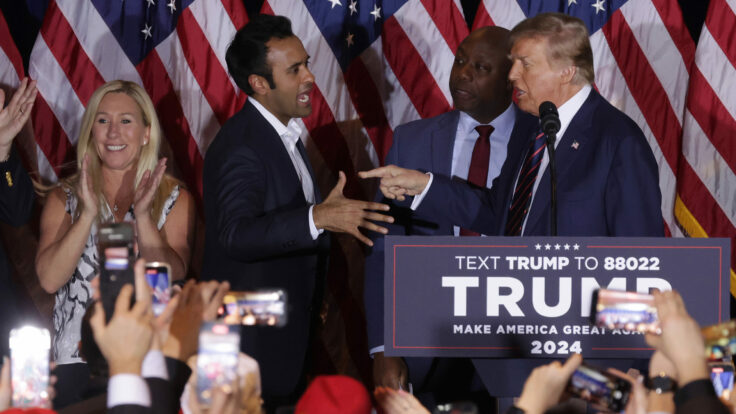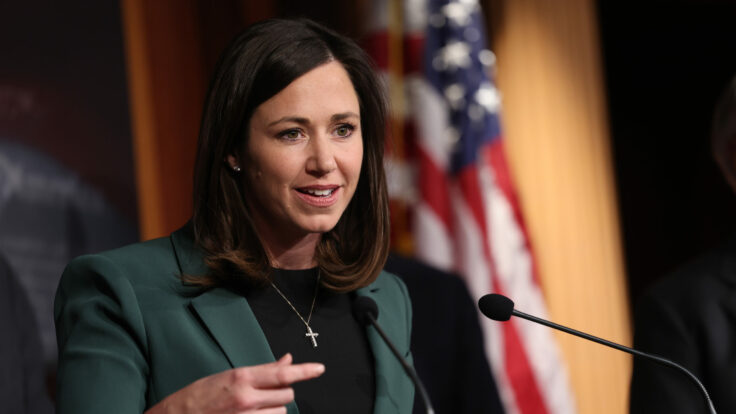Last week, perhaps the most fraught and fascinating political media scandal wasn’t Jeff Bezos’s surprise visit to The Washington Post, but rather a more obscure and potentially seismic controversy. In mid-December, Steven Crowder, the A-list conservative content creator, took his show Louder with Crowder independent from his old employers at The Blaze. In many ways, this was a significant deal unto itself. According to Crowder, 300,000 subscribers were paying $99 a year to join the “Mug Club,” the membership-only community that received premium content from Crowder (as well as the eponymous mug), and Crowder was gunning to replicate that cash flow with a new venture. “I can’t know if you are in, or if you want to be in Mug Club, unless you enter your email to MugClubForever.com,” he said in a grainy Twitter video posted shortly after leaving The Blaze.
In many ways, his departure seemed to mirror a concurrent pangaea-like reforming of the media landscape, especially the political-media landscape, consistent with Matt Yglesias’s move to Substack and Bari Weiss’s decision to launch The Free Press. After all, Crowder was a legitimate star who was betting on himself. But his professional pivot also reflected the growing D.I.Y. rebelliousness of the modern right—a world where conformity is considered despicable corporatism. For his part, Crowder stressed that his new company, a network of right-wing content creators, would remain independent not just from the dreaded mainstream media, but also from a burgeoning cabal of conservative mediacos he labeled “Big Con.”

















